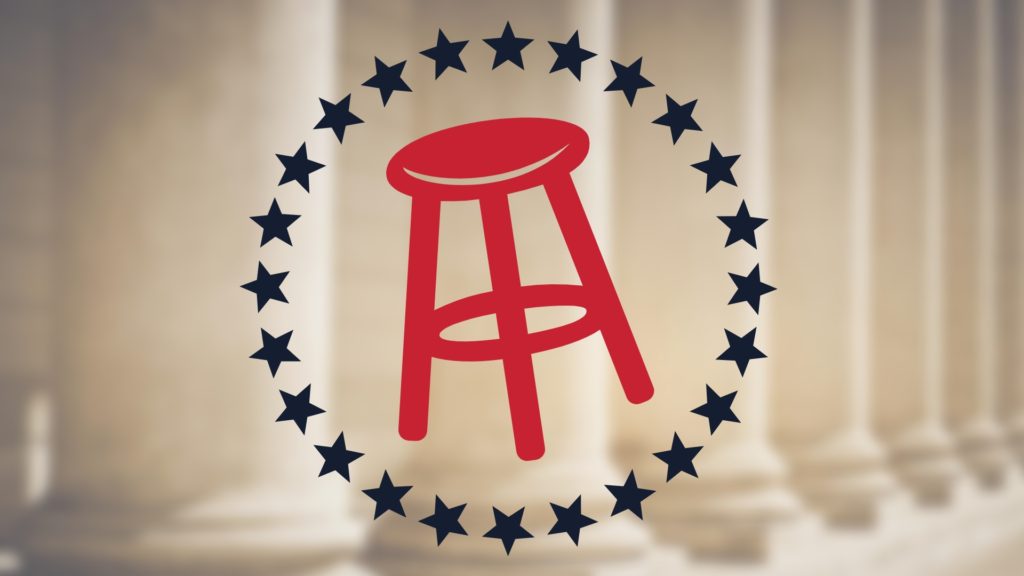
The Second Circuit Court of Appeals has ruled in favor of Barstool Sports and certain of its employees in the longstanding defamation case brought by Michael Rapaport. The actor and comedian Rapaport and his company, Michael David Productions Inc., had appealed a lower court decision that had granted summary judgment to Barstool Sports and several of its employees, including founder David Portnoy.
Barstool Sports, a media and comedy brand established in 2004, is known for its unfiltered content across various platforms. Michael Rapaport, a prominent figure in entertainment, is similarly recognized for his candid commentary on social and political issues. The partnership between Rapaport and Barstool Sports began in 2017 but soon deteriorated, leading to a public and messy feud.
The Dispute
The conflict escalated when Rapaport had a disagreement with Barstool personality Adam Smith. This led to a series of derogatory exchanges on social media, ultimately resulting in Rapaport’s dismissal from Barstool. Portnoy publicly announced the split, citing Rapaport’s negative comments about Barstool’s fanbase. Following this, both parties continued to engage in a bitter exchange of insults online.
Lower Court Proceedings
Rapaport filed a lawsuit against Barstool, alleging defamation, among other claims. The defamation claim was based on multiple comments Barstool personalities made on various platforms. The district court, however, ruled in favor of Barstool, leading to Rapaport’s appeal.
The Appellate Court’s Decision
The appellate court observed the criteria under New York law for establishing defamation. The court differentiated between statements of fact and expressions of opinion, with the latter being protected and not actionable for defamation. The analysis focused on the context in which the statements were made, considering the nature of the language used and the broader setting of the dispute.
The court found that the statements made by Barstool, including accusations of racism, fraud, and other personal attacks, were part of a hyperbolic and vulgar feud, and were thus likely to be perceived as opinions rather than factual assertions. Moreover, the court noted that many statements were made on platforms where opinionated content is expected, further undermining the claim that they conveyed factual information about Rapaport.
Conclusion
The appellate court affirmed the district court’s judgment, emphasizing that the context and nature of the statements were key in determining their status as non-actionable opinions. The decision underlines the complexities of defamation claims in the digital era, where the line between fact and opinion can be blurred by the nature of the platform and the style of communication used.
This case serves as a reminder of the challenges in navigating defamation in the age of social media, where public figures often engage in heated exchanges that can have legal implications. The ruling reinforces the importance of context in evaluating such claims, setting a precedent for future defamation cases in the digital landscape.
Rapaport v. Barstool Sports Inc., 2024 WL 88636 (2nd Cir. January 9, 2023) [Link to decision]
